10 FREE THINGS TO DO IN KYOTO JAPAN pt. 1
Kyoto, Japan held the esteemed position as Japan’s capital for 1100 years, from late 700s AD to late 1800s. That was a glorious period in Japan’s history, filled with regal temples, lush landscaped gardens, opulent silk kimonos, coy geisha, delectable cuisines, exquisite arts and crafts, and literary riches.
Today Kyoto is a modern cement city, but is still highly esteemed as Japan’s cultural center. Nestled at the foot of two mountain ranges, with two rivers flowing through the center, and over 2000 temples and shrines, Kyoto holds uncountable numbers of traditional cultural treasures tucked amidst its modern facade.
In fact, all of Japan’s historic riches are still alive, just under the surface of modern life. This makes Kyoto a unique destination for world travelers.
I was fortunate enough to live in Kyoto for 6 years.
While there, I took advantage of Kyoto’s cultural treasures by studying tea ceremony, kimono wearing, flower arrangement, massage, koto, and Aikido. I incessantly explored Kyoto’s arts, alleyways, shops, festivals, temples, hidden traditional eating establishments and theatrical performances.
So today I’m here to share with you some insider’s tips on simply amazing FREE things to do in Kyoto. In fact, I came up with so many tips that I’m presenting Kyoto in two parts. This is pt. 1. For more ideas check out part 2 here. Happy explorations!
1. Scoop up a stunning souvenir: Kyoto Visitor’s Guide magazine
After arriving in Kyoto, one of the first things to do is make your way to the Kyoto Visitor’s Center, just across the street from Kyoto Station, to get updates on current festivals, events, shows and information on temples, neighborhoods, and sites.
Besides all the great information served up by very polite staff, a major reason to visit is to get your free copy of the gorgeous Kyoto Visitor’s Guide. It’s a super large-size, full color magazine, chocked full of stunning photos, exploration ideas, neighborhood maps, and event write-ups.
The guide is so beautiful, it makes a perfect souvenir. I collected as many as possible while living there and still treasure my collection to this day. (p.s. Get a free city map, too)
2. Check out Kyoto Station’s amazing modern architecture
Just across the road from Kyoto’s Visitor Center, you can’t help but notice Kyoto’s stunning glass wall train station. Go inside and wander around for the full architectural experience.
There’s a large staircase-like, amphitheater-like granite sitting and viewing arena, glass-encased hallways on the top floors, an open roof, and a massive shopping mall. It’s a great place to watch people, enjoy modern Kyoto, and catch panoramic views of Kyoto and mountains from the top deck. Kyoto Station
3. Marvel at lavish time-honored festivals
As Japan’s cultural heartland, nearly every month Kyoto presents an extravagant traditional festival. In July there’s Kyoto’s spectacular Gion Matsuri (festival) during which revelers dressed in summer kimono carry massive wood floats through Kyoto’s narrow streets.
In August there’s Giozan Matsuri ( fire festival) when temples on Kyoto’s mountainsides light massive bonfires which can be seen from any point in Kyoto.
October brings the Jidai Matsuri,(Festival of Ages), where parade-goers dress up in lavish traditional costumes of royalty, artisans, soldiers, geisha, musicians and parade through the streets.
Then there are the unforgettable New Year’s Eve ceremony, Archery Festival in January, Plum Blossoms in February, Hina Matsuri (doll festival) in March, Cherry Blossoms in April, Aoi Matsuri (Blue Festival) in May…
You’re bound to catch one of these unforgettable festivals while visiting Kyoto. (another good reason to make a bee-line to the visitor’s center on arrival, so you don’t miss out!)
4. See real live Geisha
You heard me right. Kyoto still has 3 small Geisha quarters where Geisha entertain wealthy patrons with witty banter, music recitals, elegant dance and tea ceremonies. Apprentice Geisha ‘Maiko’ are trained there as well.
Simply by walking through these neighborhoods in evenings, and sometimes in mornings and afternoons as well, you are likely to watch some real Geisha sashay down the street, nip into a shop, or pass from one hall to another. Another unforgettable experience.
5. Sample Japan’s tasty delicacies
You’ve got to visit a Japanese department store! The ground floor (underground / basement) is devoted to prepared foods. You’ll find almost every kind of Japanese cuisine there from traditional sweets to okonomiyaki to sushi and sashimi to soups, rice dishes…
As if looking at all the beautifully prepared and presented exotic foods wasn’t enough, you even get to taste free samples. Of almost everything. The food departments are so large, the foods so plentiful and variable, that you can literal get full sampling everything, if you’d like. It’s the equivalent of a full meal.
6. Tour Kyoto’s 2 Imperial Palaces and 2 Imperial Villas, entirely for free
Imperial Household Agency
Take advantage of this distinguished opportunity while you’re in Kyoto.
Japanese nationals are also allowed to tour these Imperial compounds, but usually have to wait several months then scramble around to alter their schedules when their Imperial ‘ticket’ day is announced.
Tourists have a huge, and arguably unfair, advantage. You’ll be granted a tour pass within a few days of application, on the grounds that you won’t be in Kyoto long. The only thing you have to do is visit the Kyoto Imperial Household Agency Office to fill out an application form.
Since you must apply in advance, this should be your second line of business upon arriving in Kyoto. You can apply for any of the 4 Imperial Sites, or all, as you desire. You’ll need your passport of course, but you’ll be issued a tour pass for a particular date and time. Nowadays, you can also apply online at the above website.
Show up promptly for your tour or you’ll miss it. Japanese are extremely punctual.
7. Learn how Japan’s exquisite and lavish silk kimono and obis are made and watch a kimono fashion show
Nishijin Center showcases large obi weaving looms, with weavers making the amazing brocade ‘waistbands’ for Kimono.
On display are kimono and an astounding array of kimono accessories, including specialized shoes, socks, sashes, scarves, kimono jackets, purses, wallets and other necessities for anyone wearing kimono.
Nishijin presents kimono fashion shows upstairs in their small concert hall several times per day, also for free.
8. Step back in time strolling through Japan’s historic district…
full of narrow stone alleyways and immaculate wood houses in Eastern Kyoto, near Kiyomizu Dera Temple. The houses are called ‘eel houses’ because they are very narrow but long, an architectural style developed to minimize land taxes that were based on the houses’ width. Two famous streets are Sannen-zake and Ninen-zaka, but the whole neighborhood is full of narrow stone roads.
9. Visit many days’ worth of gorgeous temples
While several of Kyoto’s most famous temples have pretty hefty entry fees, dozens and dozens of temples are free. They range from huge, important temples like Kitano Tenmagu to long, rambling monasteries like Daitokuji, to tiny temples hidden down back alleys.
Although Japanese temples do have a decided style, you’ll be surprised how very different each one is from the others. If you love exploring temples, you can easily fill a week or a month discovering all of Kyoto’s temples and shrines, sans entry fees.
Ask the Visitor’s Information Center to point out free temples on your map.
10. Listen to wind blowing through a bamboo forest
It will blow your mind!
Standing in the middle of a bamboo forest, swaying in wind, is a sensory experience you’ll never forget. I won’t attempt to explain it here. Just take my word for it.Go stand in a bamboo forest, preferably on a windy day.
Three charming forests I can recommend in Kyoto are the forest on the hills of Fushimi Inari Shrine, in Fushimi, just south of Kyoto (accessed by train), the small forest at the sprawling Daitokuji Temple in north west Kyoto, and the forest on the back roads of Arashiyama in far west Kyoto.
————————————————————————————————————-
(* photo credits for Flickr Creative Commons: Mr Jo / scarletgreen / Junkwork / Nekonomania / Globalism pictures / owenfinn 16 *) other photos by Lash / LashWorldTour
—————————————————————————————————————————————————————-
If you found this post useful, you’ll love my FREE eBook:
100 Free Things to do in Asia. It describes 10 free adventures in 10 different Asian cities and destinations.
Check out my eBook here


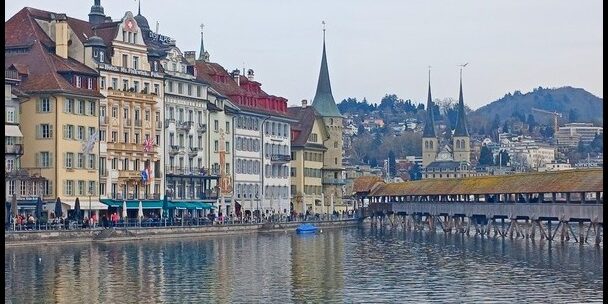
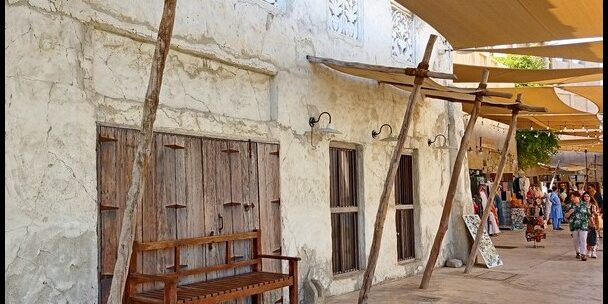


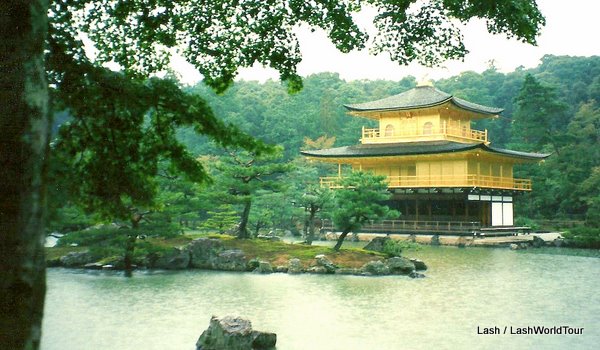
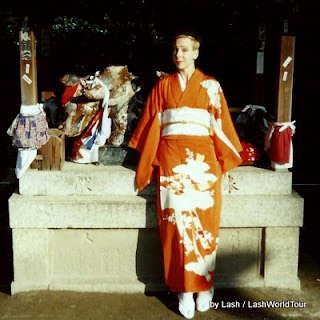
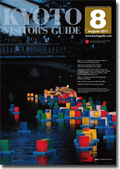
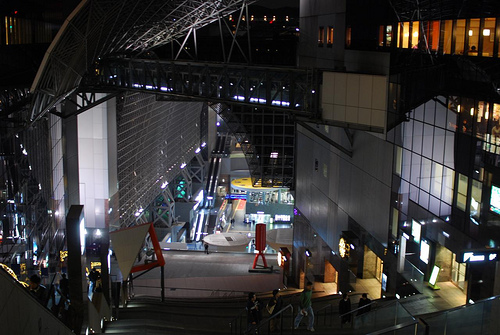
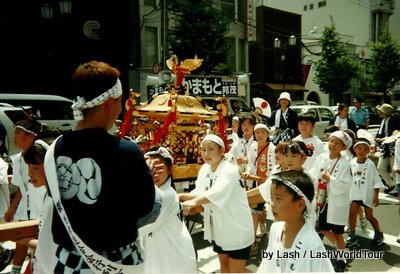
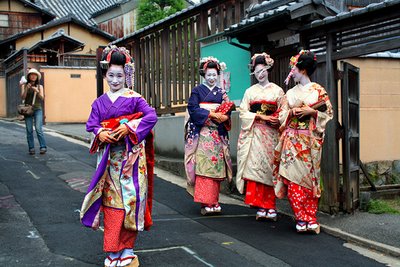
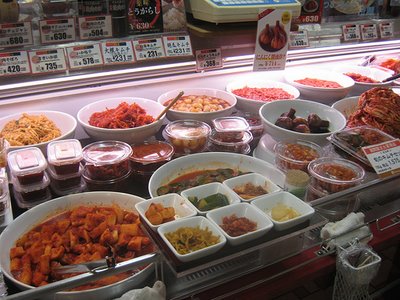
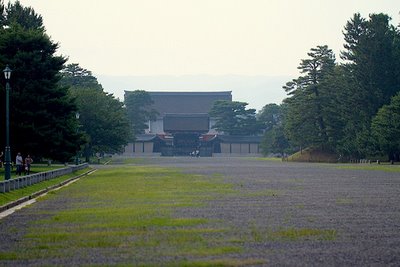
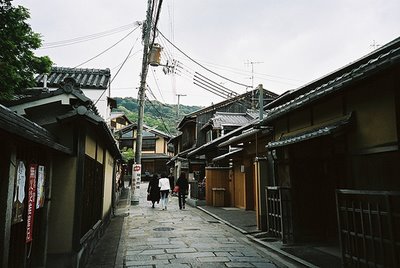
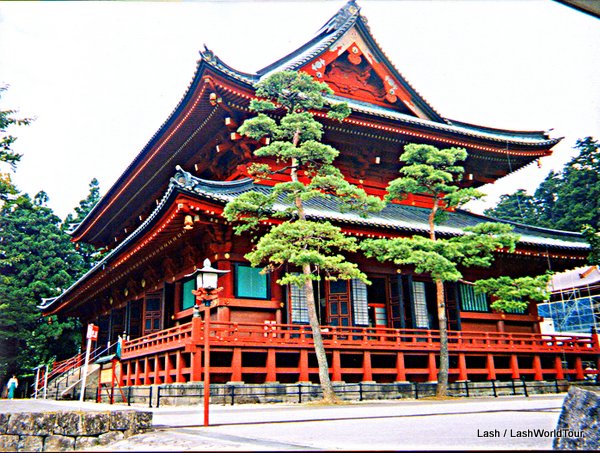
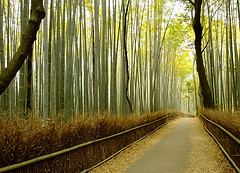

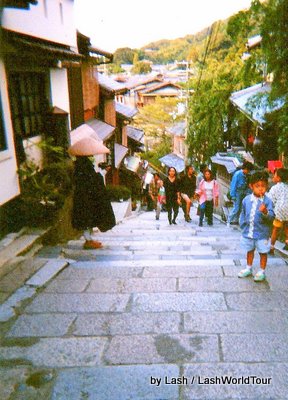
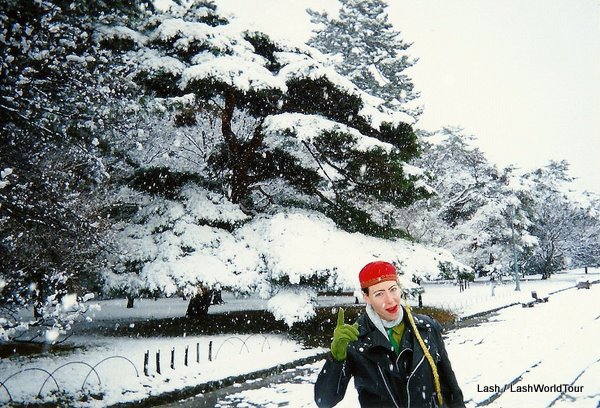
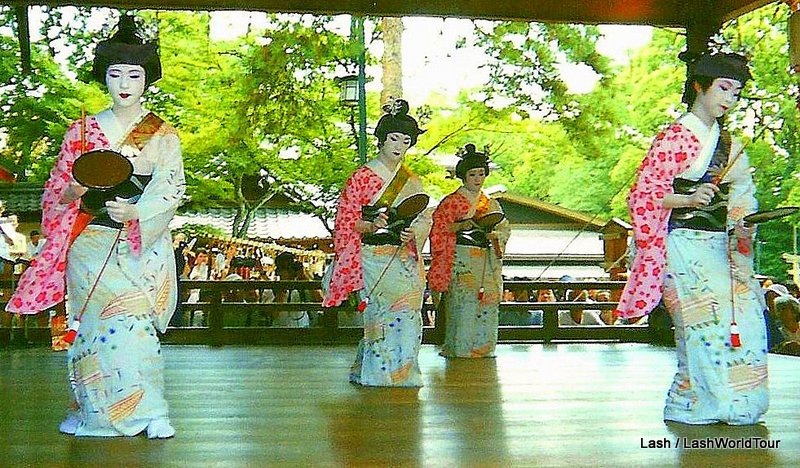
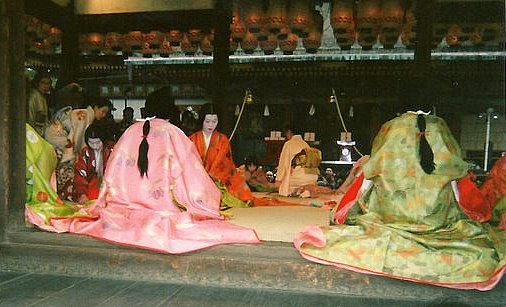

 Hi! I'm Lash, an American nomadic world traveler who's been traveling solo since 1998. I’m passionate about traveling the world nomadically and then sharing it all with you. I hope to inspire you to travel the world, to entertain you with tales from the road, and to help you reach your travel dreams. Welcome!
Hi! I'm Lash, an American nomadic world traveler who's been traveling solo since 1998. I’m passionate about traveling the world nomadically and then sharing it all with you. I hope to inspire you to travel the world, to entertain you with tales from the road, and to help you reach your travel dreams. Welcome! 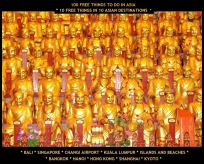




14 pings
Skip to comment form ↓
Where to go in Japan » LashWorldTour
2013/08/21 at 6:45 pm (UTC 8) Link to this comment
[…] a handy way to cut down on your expenses. Check out my two posts on Free Things to do in Kyoto: part 1 here / part 2 […]
PHOTO GALLERY: JAPANESE TEMPLES, SHRINES AND CASTLES - LashWorldTour » LashWorldTour
2014/09/07 at 12:14 pm (UTC 8) Link to this comment
[…] 10 Free Things to do in Kyoto […]
Japanese public toilets
2015/04/29 at 3:02 am (UTC 8) Link to this comment
[…] 10 Free Things to do in Kyoto […]